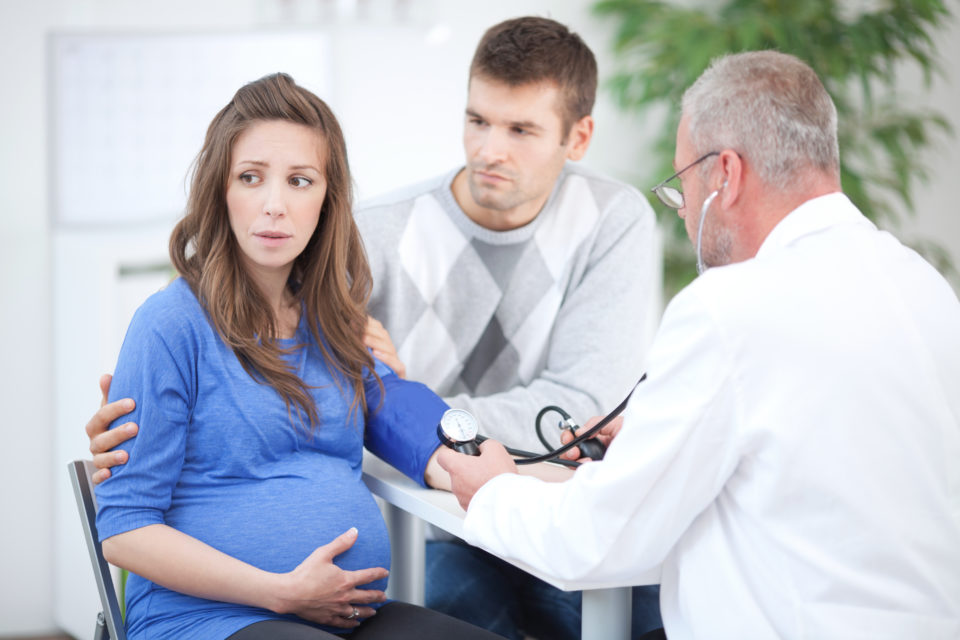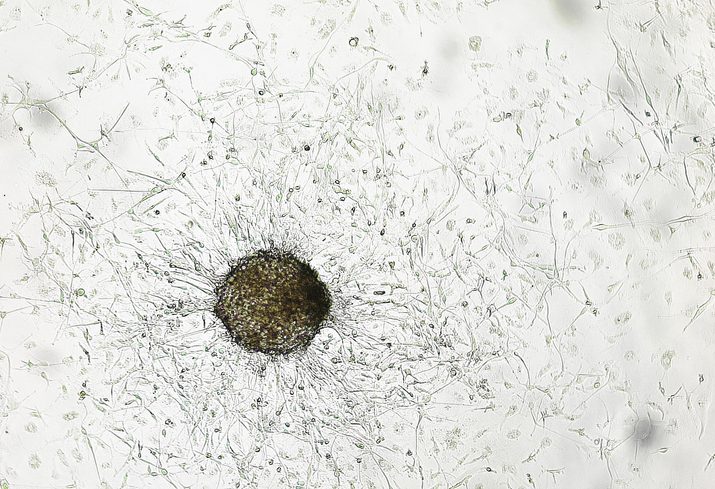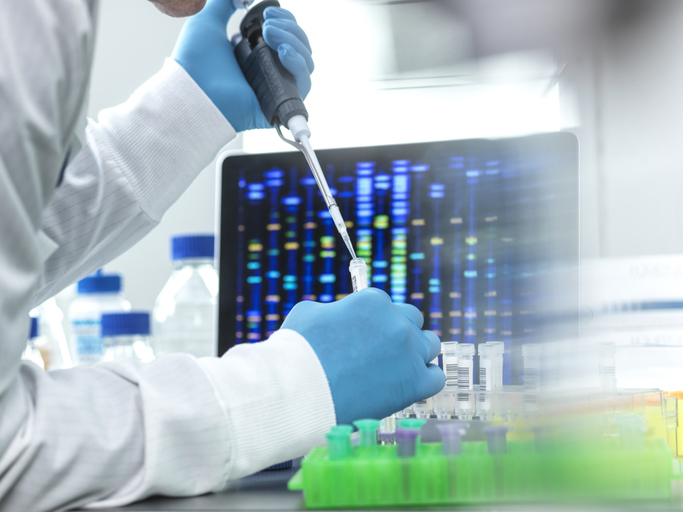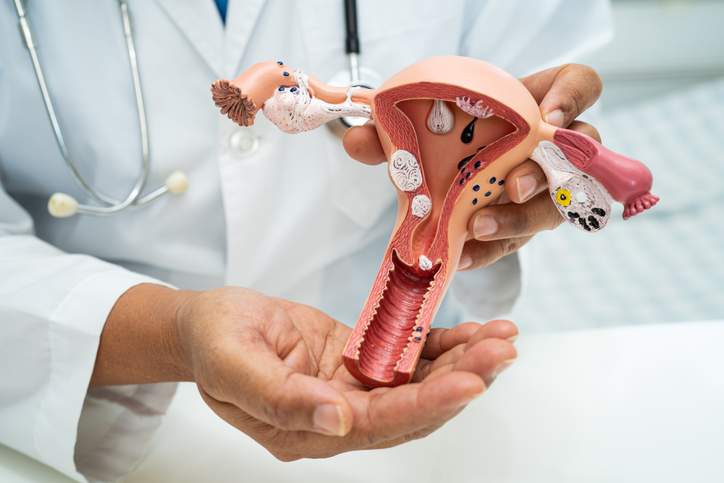
A new study observed that children born after a frozen embryo transfer had a “small but statistically significant increased risk” of developing childhood cancer.
“Children born after use of fertility treatment have higher risks of adverse perinatal outcomes, including prematurity, low birth weight, and congenital malformations; however, the long-term health consequences have been studied less frequently,” wrote the study authors. “It has been suggested that the use of fertility treatment increases the risk of cancer in children, possibly through epigenetic changes brought on by the use of fertility drugs, [assisted reproductive technology] ART, or both,6 which has been supported by the finding of epigenetic changes in human oocytes, embryos, cord blood, and placentas. In addition, an unexpectedly large proportion of children conceived after the use of fertility treatment are born with rare imprinting disorders due to epigenetic changes.”
This was a retrospective cohort study evaluating Danish population-based registry data and the Danish Infertility Cohort that included 1,085,172 children born in Denmark between Jan. 1, 1996, and Dec. 31, 2012; these data were linked with parental information. During follow-up (1996 through 2015), 2,217 children received a cancer diagnosis.
Exposures were maternal fertility treatment during the index pregnancy; treatments included fertility drugs (clomiphene [n = 33,835], gonadotropins [n = 57,136], gonadotropin-releasing hormone analogs [n = 38,653], human chorionic gonadotropin [n = 68,181], progesterone [n = 41,628], and estrogen [n = 16,948]) and assisted reproductive technology (in vitro fertilization [n = 19,448], intracytoplasmic sperm injection [n = 13,417], and frozen embryo transfer [n = 3,356]). Children born to women who received fertility treatment were compared to children born to fertile women (n = 910,291). The primary outcome measure was hazard ratios (HRs) and incidence rate (IR) differences for childhood cancer.
Final analysis included 12.2 million person-years of follow-up (mean, 11.3 years). Children born to fertile women had an IR of childhood cancer of 17.5 per 100,000, compared to 44.4 per 100,000 for children born after frozen embryo transfer. Children born to mothers who underwent frozen embryo transfer, compared to those born to fertile women, had an increased risk of childhood cancer (14 cancer cases; HR=2.43; 95% confidence interval [CI], 1.44-4.11; IR difference, 26.9 per 100,000; 95% CI, 2.8-51.0). This was primarily attributed to an increased risk of leukemia, which accounted for five cancer cases (IR, 14.4 per 100,000; HR=2.87; 95% CI, 1.19-6.93; IR difference 10.1 per 100,000; 95% CI, –4.0-24.2), as well as sympathetic nervous system tumors (<5 cancer cases; HR=7.82; 95% CI, 2.47-24.70). Cancer risks were not statistically significant in the other fertility treatments.
The results of the study appeared in JAMA.







 © 2025 Mashup Media, LLC, a Formedics Property. All Rights Reserved.
© 2025 Mashup Media, LLC, a Formedics Property. All Rights Reserved.